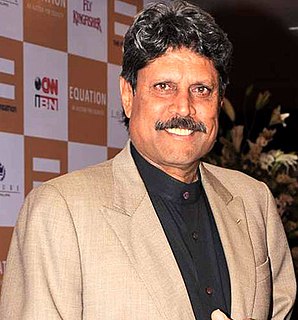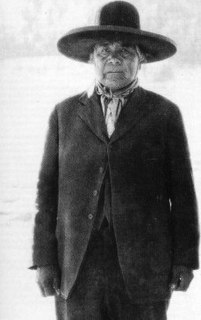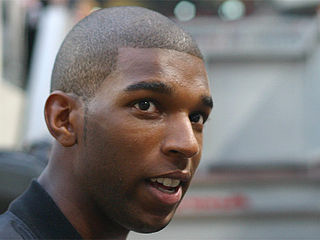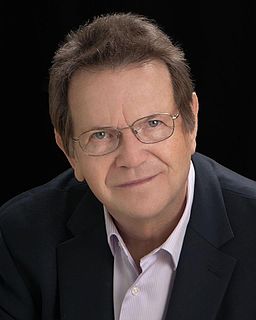A Quote by Tony Campolo
Whenever there is a catastrophe, some religious people inevitably ask, 'Why didn't God do something? Where was God when all those people died?'
Quote Topics
Related Quotes
A social order bent on producing wealth as an end in itself cannot avoid the creation of a people whose souls are superficial and whose daily life is captured by sentimentalities. They will ask questions like “why does a good God let bad things happen to good people ” such people cannot imagine that a people once existed who produced and sang the psalms. If we learn to say “God ” we will do so with the prayer “My God my God why have you forsaken me?
How you ask for help is secondary to the fact that you ask for help. Some people say, "I am going to command God for help." Some people say, "I want to affirm that God help." Other people prefer prayers of supplication, in which they implore, "Please, God, help me." It all works. It doesn't matter whether you say the prayer out loud, think it, yell it, scream it, write it, sing it - it's all the same.
When I was in my teens I had a series of intensely religious experiences. They deepened my sense of God as the creator of all things. And they also deepened my sensitivity towards creation itself so that concern for God's creatures and animal rights followed from that. Some people think I'm an animal rights person who just happens, almost incidentally, to be religious. In fact, it's because I believe in God that I'm concerned about God's creatures. The religious impulse is primary.
For others the mourning is over. Others would say that whilst one God has died - the God of ontotheology perhaps? - this allows for the good news of a God who is to come, a God who will be better able to gather up and give justice to all the manifold aspirations of human life towards goodness and meaning (and not just to those who are able to fit into a narrow 'religious' framework).
Religion and science have nothing to do with each other, they're about different things, science is about the way the world works and religion is about [...] miracles. [...] And in any case, if you ask most ordinary people in church or in a mosque why they believe, it's almost certainly got something to do with the belief that God does wonderful things, that God intervenes, that God heals the sick, that God answers prayers, God forgives sins.
I don't know whether God exists or not. ... Some forms of atheism are arrogant and ignorant and should be rejected, but agnosticism—to admit that we don't know and to search—is all right. ... When I look at what I call the gift of life, I feel a gratitude which is in tune with some religious ideas of God. However, the moment I even speak of it, I am embarrassed that I may do something wrong to God in talking about God.
The Jews believed they were the nation God had chosen among all the nations. And they were. But that did not give them immunity to God's judgment. Like the nations, they too would feel God's wrath if they refused to live in God's ways. Furthermore, God could deal with other nations in mercy as well as judgment. Jeremiah was full of surprises, as against the popular religious assumptions of his day. That's perhaps why some people, when they encountered Jesus, thought he was very like Jeremiah. He turned things upside down.





































